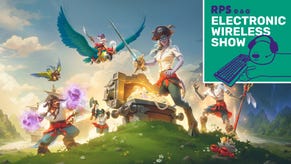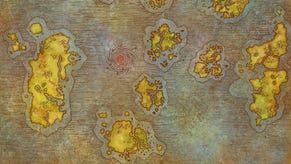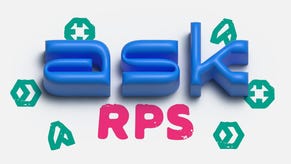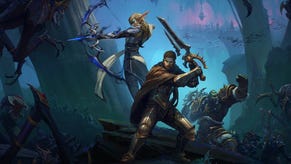Raiding On Your Resume
Cameron Sorden over on Massively.com has written a piece arguing up the pros of putting hardcore gaming on your professional resume. He argues that gaming has all the qualities you might want for business. He's not the only person who thinks that, I'd wager.
Every active member of a raiding guild routinely practices time management skills, conducts personal research outside of the game environment, self-manages to optimize their contribution to the group effort, learns effective communication skills, demonstrates patience and persistence in the face of adversity, and proves that they're willing to be a team player to advance the goals of the guild. These are exactly the same attributes required of business professionals in a structured work environment.
If I were ever to apply for a job (unlikely) I suspect I'd put something about running my Eve corporation. CCP are certainly pushing it as a business-learning tool in the mainstream and their friendly economist doesn't hinder that reputation too much either.
Anyway, on the subject of games being good for books, I expect you to all explain to your prospective bosses and life partners that gaming is good for you. In fact, here's a quote from MY FORTHCOMING BOOK you can use in defense of your gaming lethargy:
A report published in October 2006 by the Federation of American Scientists (FAS) concluded that contemporary educational systems lacked the capacity to assess the kinds of skills that videogames taught, meaning that they ultimately went undetected. The FAS paper concluded that: “video game developers have instinctively implemented many of the common axioms of learning scientists. They have used these approaches to help game players exercise a skill set closely matching the thinking, planning, learning, and technical skills increasingly demanded by employers in a wide range of industries.”
The range of cognitive skills found to benefit from time spent gaming continues to widen – researchers at the University of Rochester in New York have been examining the plasticity of human visual processing by using videogamers as test subjects. The Rochester team wanted to see whether habitual game-playing improved visual skills, and their report explained that “video game players were found to outperform non-video game players on the localization of an eccentric target among distractors, on the number of visual items they could apprehend at once, and on the fast temporal processing of visual information.” This kind of research - the cognitive neuroscience of videogames – has only really been undertaken in the past couple of years, but it is nevertheless a rapidly expanding subject. The work so far performed in the field has consistently demonstrated improved spatial cognitive skills, enhanced visual attention and the ability to process multiple tasks with greater efficiency among habitual gamers. Games, it seems, change gamers’ brains for the better.









